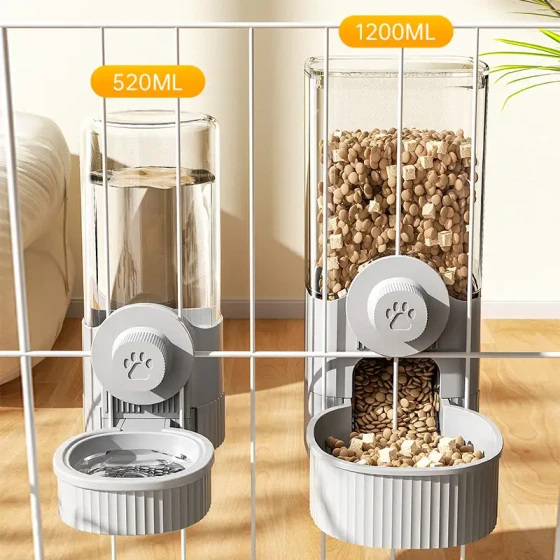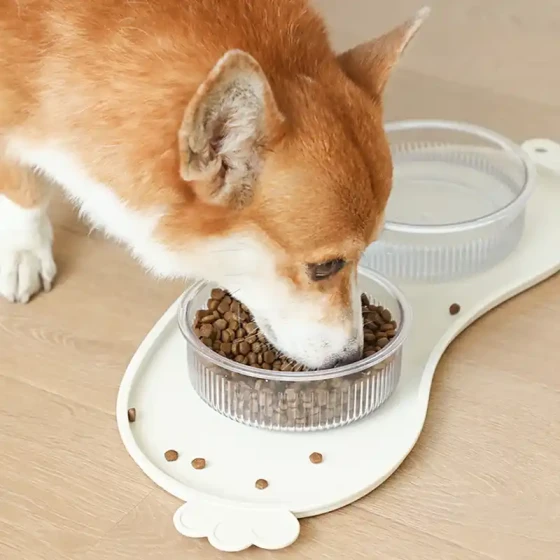Questions and Answers for First-time Dog Owners

Do not choose puppies that are too young when first raising
Actually, only after truly raising a pet dog will we realize that raising a dog well is not a simple matter; on the contrary, there are many things to worry about. Especially for first-time pet owners, a single mistake can cause the dog to fall ill, and in severe cases, even death, so raising dogs must not be taken lightly.
1. Question: From what age is it better to start raising a dog?
Answer: Generally, puppies aged 2-3 months are more suitable, as their bodies are not too weak at this stage. However, dog dealers often skip vaccinating them to save costs. After bringing them home, let them rest quietly for a few days; once they are healthy, you can take them for vaccination.
2. Question: If the dog is scared and barking, can I hold it on the bed to sleep together?
Answer: This practice is generally not recommended. First, newly purchased dogs are definitely not very clean and may have parasites. Also, puppies do not yet control their urination or defecation and might relieve themselves on the bed. Moreover, once this habit is formed, it is difficult to correct later.
3. Question: Why does the dog sometimes twitch a few times while sleeping?
Answer: Dogs also dream. In a suitable temperature, it is normal for dogs to twitch, grind their teeth, or snore while sleeping, so there is no need to worry too much.
4. Question: What should be fed right after bringing the dog home?
Answer: Don’t rush to feed the dog right after bringing it home; first let the dog be alone for a while to get familiar with the new environment. After some time, you can feed some softened dog food or goat milk powder. Do not feed cow's milk meant for humans or any food we eat. After some time, you can feed milk biscuits, which are more nutritious and suitable for puppies. Feed puppies 3-4 times a day, following the principle of small frequent meals.
5. Question: The dog is too dirty, can I give it a bath?
Answer: Absolutely not! The dog is not yet familiar with its environment, and bathing can cause stress reactions. Also, during the bath, the puppy might catch a cold, which can be fatal for young dogs.
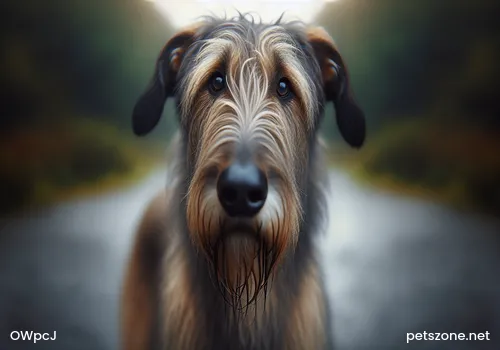
Reasonably arrange diet and care tasks
6. Question: What to do if the dog always urinates indiscriminately after coming home?
Answer: This is very normal. Puppies are untrained and will certainly not go to designated spots to relieve themselves. Training should start from an early age; when you see the dog about to urinate anywhere, stop it immediately and take it to the designated spot to urinate calmly. Encourage the dog after urinating. This requires multiple trainings and should be done patiently.
7. Question: What to do when the dog recently starts to like biting things?
Answer: Around 3 months old, dogs start to shed baby teeth and grow adult teeth. To relieve discomfort, they gnaw things. Provide them with appropriate teeth-grinding tools. If the dog is not at the teething stage or has passed it, biting might be a bad habit developed over time and should be corrected promptly.
8. What should dogs be fed normally?
Answer: Many owners worry about nutritional deficiencies and feed various supplements unnecessarily. If the dog is regularly fed reasonable dog food and has exercise, nutritional deficiencies are rare. Occasionally, fruits, vegetables, and meat can be given, but not too frequently. Pay attention to calcium supplementation during the growth period of large breed dogs.
9. Question: What routine tasks should be done regularly?
Answer: Besides providing water, bathe the dog regularly and carry out related care, generally once every 1-2 weeks. Brush long-haired dogs daily and perform regular deworming. After the first year’s vaccines are completed, just annual shots of the combination vaccine + rabies vaccine are needed.
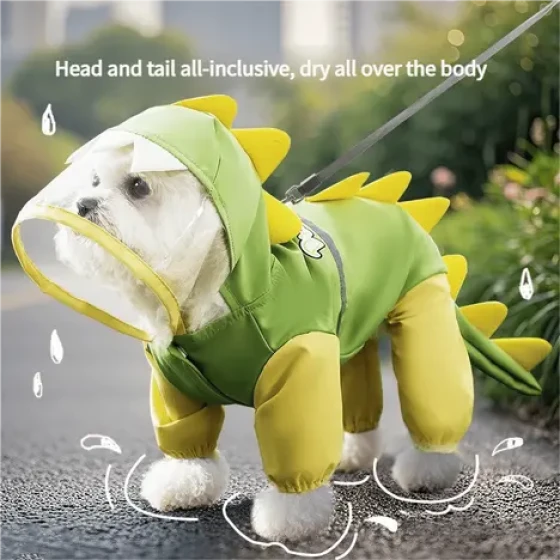
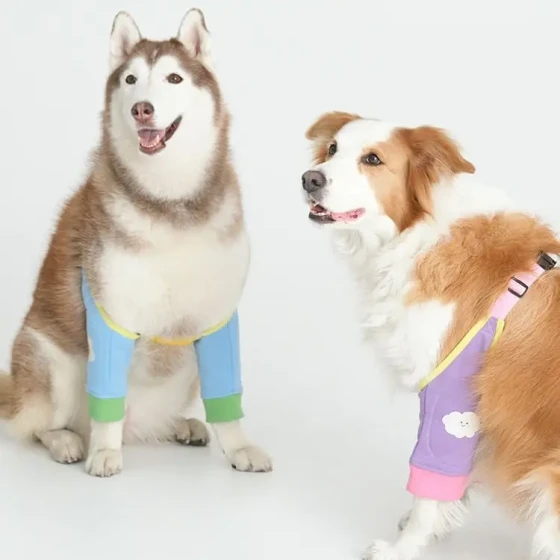

-560x560.webp)
